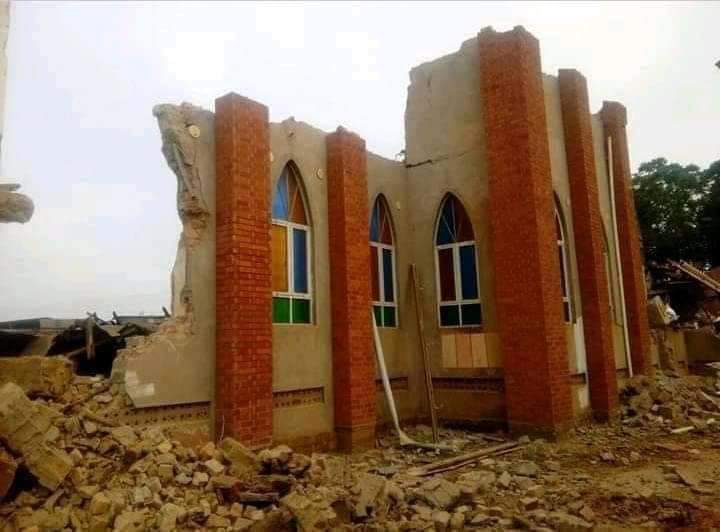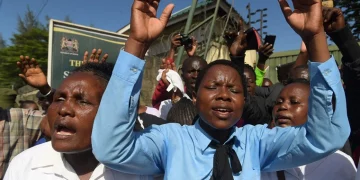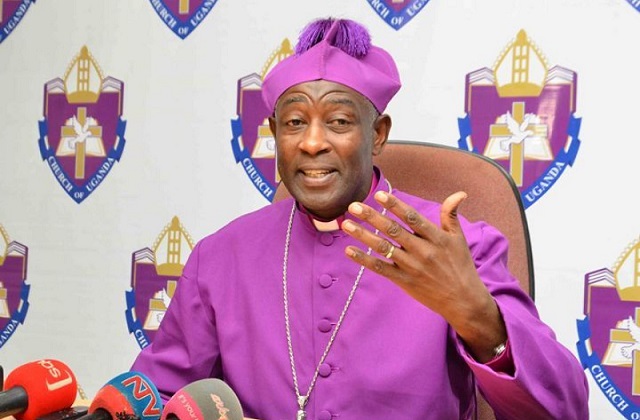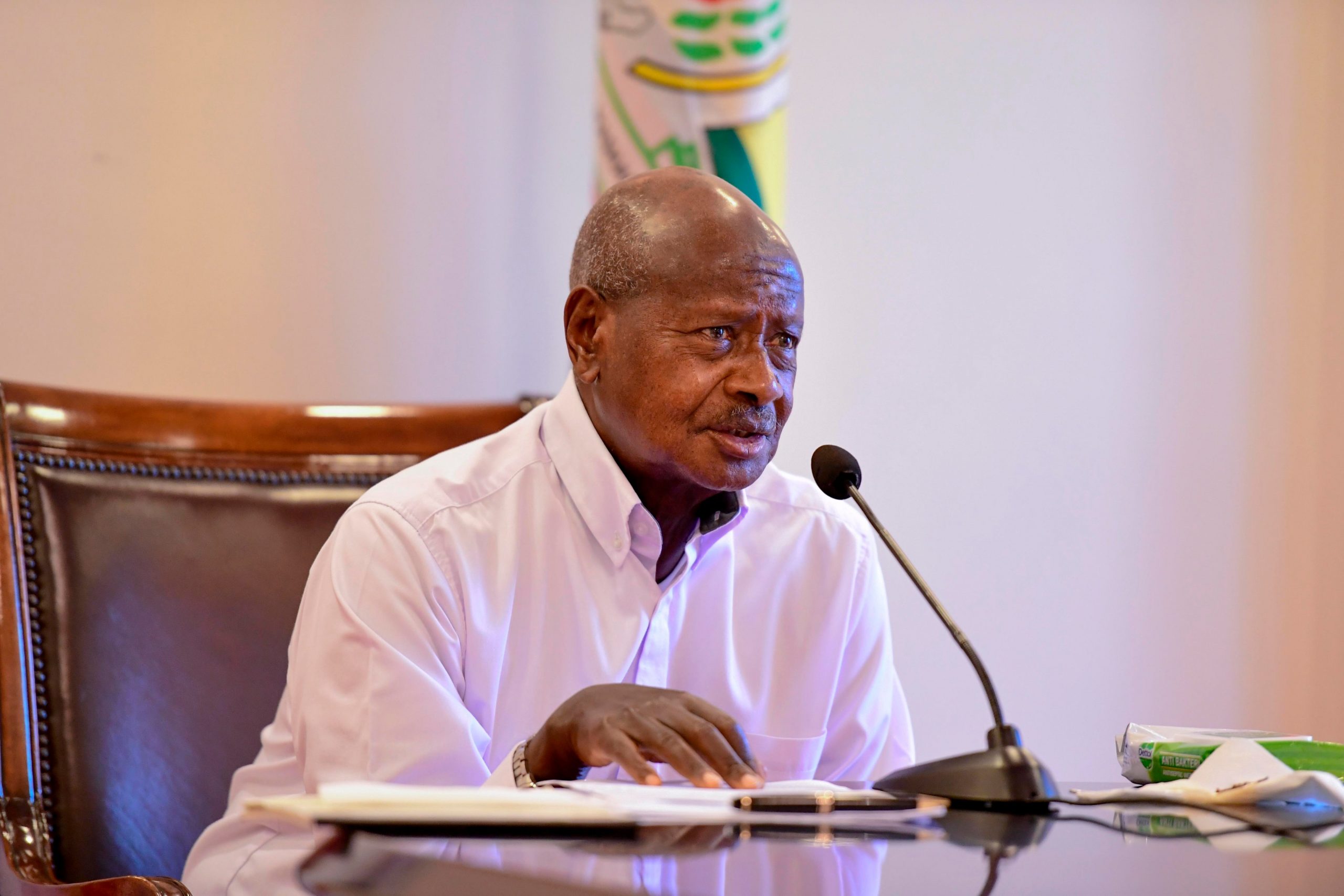Islamic extremists are gaining ground in Africa’s Sahel region and Afghanistan, which are set to become hotspots for Christian persecution in 2022, religious freedom charity Release International warns in a report, which says India and North Korea are also “countries of growing concern.”
It’s not just Nigeria, but the larger Sahel region of sub-Saharan Africa where Islamic extremism is growing, as the persecution of Christians is also rapidly increasing in India and North Korea, says the charity’s report Persecution Trends 2022.
The Sahel region includes Burkina Faso, Cameroon, Chad, The Gambia, Guinea Mauritania, Mali, Niger, Nigeria and Senegal.
“The situation facing Christians in Burkina Faso is now similar to Nigeria,” a partner of the charity adds in the report.
In 2021, jihadists targeted Christians in the north of Burkina Faso, forcing churches to close and meet in secret, the report points out, explaining that attacks ranged from bombings, killings, kidnappings and school burnings to assaults on religious leaders and places of worship.
Pressure in the region is likely to continue in 2022, particularly following the drawdown of French troops in the area.
The al-Qaeda and Islamic State terror groups have been launching attacks in West Africa since last January. In May, suspected jihadists ambushed a baptism ceremony where they killed 15 Christians in northern Burkina Faso’s Oudalan province near the Mali border.
“Similar pressure is building in neighboring Nigeria, where attacks by Boko Haram terrorists, [Islamic State] fighters and Fulani militia continued throughout 2021,” says the report, quoting a partner of the charity as saying, “Fulani militants destroyed more than 50 villages and displaced nearly 5,000 Christians. The attacks by the Fulani now include kidnappings for ransom. Churches, church leaders and Christian communities remain the primary targets.”
The charity warns that attacks could escalate in 2022, as political campaigning gets underway ahead of the 2023 general election, just as attacks by Boko Haram and Fulani extremists have increased over election periods in the past.
The report adds that tensions are also likely to exacerbate Afghanistan and North Korea, which are already major persecutors of Christians.
“In 2022, there is a very real threat of higher levels of violent persecution in Afghanistan,” says the CEO of Release International, Paul Robinson, referring to the Taliban’s takeover of the South Asian country.
“Our partners tell us that Christians who are unable to follow the outward forms of Islam, such as praying at the mosque and saying the shahada, the Islamic profession of faith, will stand out more clearly,” he adds. “This increases their vulnerability to persecution and the pressure on them to conform.”
The report also draws attention to India, where “attacks against Christians are rising and more states are imposing anti-conversion laws.”
“Hindu nationalism is on the rise in India. Militant Hindus have called for religious conversion from Hinduism to be made illegal across the country,” the report notes.
While Christians make up only 2.3% of India’s population and Hindus comprise about 80%, the country’s radical Hindu nationalists have been carrying out attacks on Christians under the pretext of punishing the minority for allegedly using monetary rewards to convert Hindus to Christianity.
The anti-conversion laws presume that Christians “force” or give financial benefits to Hindus to lure them into converting to Christianity. While some of these laws have been in place for decades, no Christian has been convicted of “forcibly” converting anyone to Christianity.
Open Doors USA’s 2021 World Watch List warns that since the Hindu nationalist Bharatiya Janata Party took power in 2014, persecution against Christians and other religious minorities has increased.
The number of violent attacks on Christians in India rose nearly 75% to 486 in 2021, up from 279 in 2020, according to a new report by the United Christian Forum, which says 2021 was the most violent year for the Christian minority since the country’s Independence in 1947.













































Discussion about this post